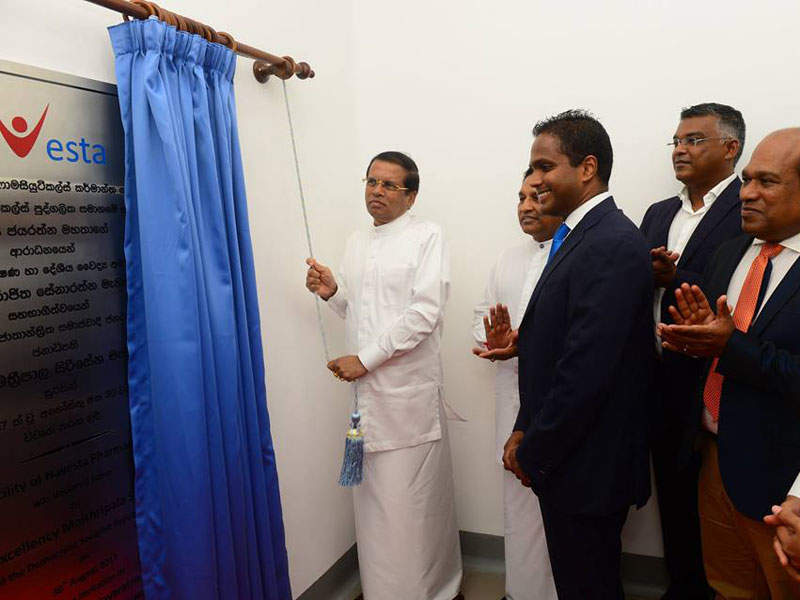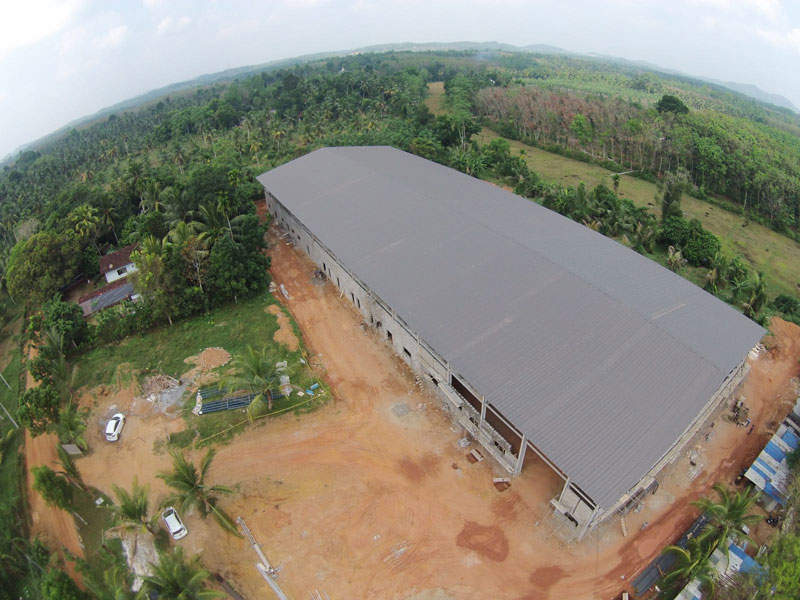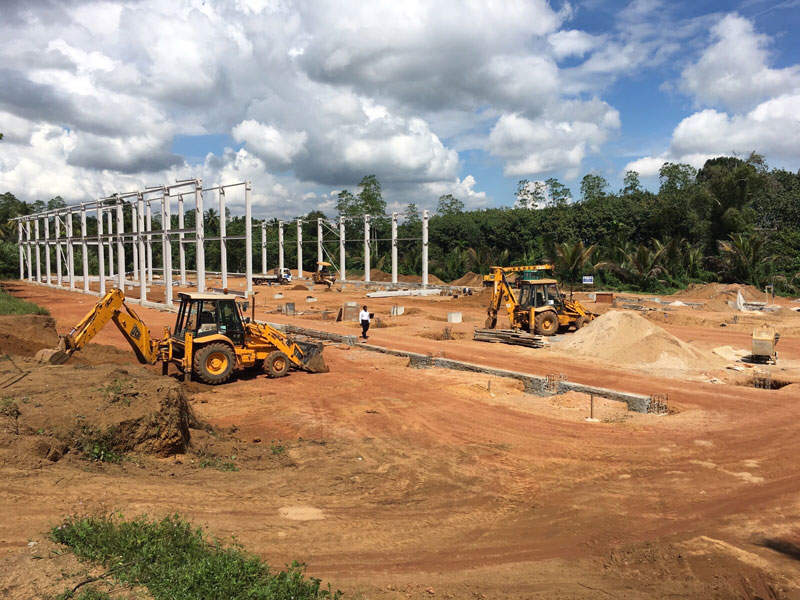In August 2017, Sri Lanka-based pharmaceutical company Navesta Pharmaceuticals opened a sterile manufacturing facility in the town of Horana.
The plant, which began construction in October 2015, is said to be the first of its kind in Sri Lanka. The facility is intended to produce sterile dry powder injectables of beta-lactam antibiotics, which could previously only be imported to the country.
Built with an investment of more than LKR1.4bn ($9.1m), the Horana facility has generated more than 100 direct and 500 indirect jobs for locals in several areas, including bio-chemistry, pharmaceutical sciences, molecular bio-science, drugs, engineering and ancillary services.
The factory will allow Navesta to export its pharmaceutical products to markets worldwide, contributing to the country’s economic development. It will also support the Government of Sri Lanka’s aim to achieve self-sufficiency in the pharmaceutical industry by 2020.
Design details of Navesta Pharmaceuticals’ sterile pharmaceutical plant
Located in the Kalutara district, Navesta’s new factory has a total floor area of 40,000ft².
The plant is designed to comply with good manufacturing practice (GMP) standards set out by the EU and the Pharmaceutical Inspection Cooperation Scheme (PIC/S).
An advanced building management system (BMS) at the facility ensures compliance with the EU-GMP and PIC/S standards. The BMS is used to control humidity, temperature and differential pressure at production and testing rooms in order to destroy all viable microorganisms.
The interior of the factory features cleanroom panels built with pre-coated galvanised iron to provide protection from external contaminants.
The facility is also fitted with environmentally sustainable features, including energy-efficient lighting and comprehensive waste water treatment systems.
Equipment installed at the Horana plant
The sterile pharmaceutical manufacturing factory is installed with 13 incubator chambers and two walk-in incubators, designed in accordance with Title 21 of the Code of Federal Regulations (CFR).
The plant also incorporates a Grade A and Grade B microbiology laboratory, which helps develop comprehensive advanced in-house testing methods.
The testing and measuring equipment installed at the facility is calibrated according to accreditation standards ISO 17025 and ISO 9001 in order to achieve valid results.
Production capacities of Navesta’s Horana sterile pharmaceutical plant
Navesta’s Horana sterile pharmaceutical manufacturing facility will initially produce 50 million vials a year for filling sterile dry powder beta-lactam injectables.
Pharmaceutical products to be produced at the factory will primarily serve the requirement of 12 penicillin-based beta-lactam antibiotics in the form of dry powder for the local market. They will also be exported to global markets that recognise EU-GMP and PIC/S accreditations.
Navesta plans to expand the plant in the coming years to triple the company’s production capacity. If undertaken, the expansion will provide around $500m of savings to the country, which currently imports $800m worth of pharmaceutical products a year.
Marketing commentary on Navesta Pharmaceuticals
Based in Rajagiriya, Navesta Pharmaceuticals manufactures beta-lactam antibiotics.
The company’s products include Ticarcillin-clavulanic, Piperacillin-tazobactam, Co-amoxiclav, Flucloxacillin, Cloxacillin, Ampicillin, Benzathine penicillin, Fortified Procaine Penicillin and Benzylpenicillin.






